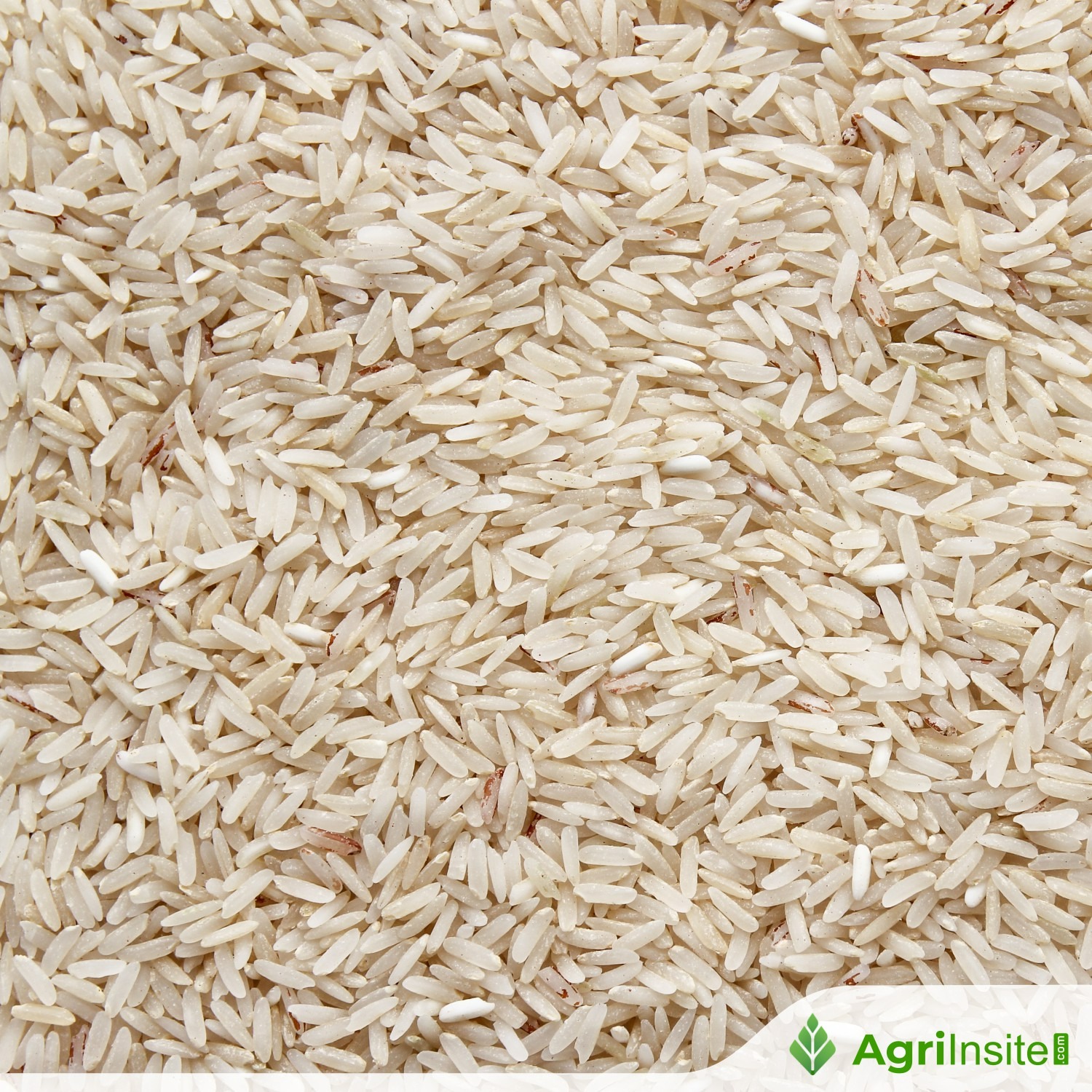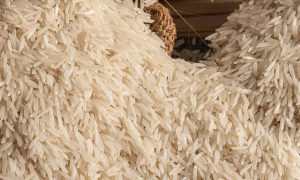Rice stock set to rise to 20-year high of 300 lakh tonnes by November 1

As of November 1, the Food Corporation of India (FCI) is set to hold approximately 300 lakh tonnes of rice, marking the highest stock level in two decades. This significant stockpile poses challenges for liquidation, even as the government has allowed states to acquire additional rice and is selling 23 lakh tonnes to ethanol distilleries. The increase in stock results from heightened procurement and recent policy changes, including allowing exports of non-basmati white rice.
NEW DELHI: Rice stock with govt is set to touch around 300 lakh tonnes on November 1. This is the highest stock with the Food Corporation of India (FCI) in the last two decades, as per records available on its website.Officials said the huge stock is an issue and liquidating this stockpile is a challenge even as the govt allowed states to take extra rice directly from the FCI for their own schemes and sale of 23 lakh tonnes of the grain to ethanol distilleries.According to available data, the FCI had a stockpile of 299 lakh tonnes of rice and another 13 lakh tonnes receivable from millers. As per govt’s buffer norms, the agency needs to keep 102.5 lakh tonnes as stock to meet the food security scheme and other welfare programmes of govt as on Oct 1.The rice stock has increased due to higher procurement by govt agencies. Moreover, the Centre had stopped the sale of rice to states from the central pool last year and banned the export of non-basmati white rice, besides imposing duty on the outbound shipment of white and parboiled rice to address food inflation and deficient rainfall.
Only in the past three months, govt took several decisions, including allowing states to buy rice from FCI, allowing export of non-basmati white rice and removal of export duty on parboiled rice.Meanwhile, the food ministry has said paddy procurement was under way in full swing in Punjab and Haryana, the two major food bowls of the country, and like every year 185 lakh and 60 lakh tonnes of paddy would likely be procured from the states, during the current kharif marketing season.
















